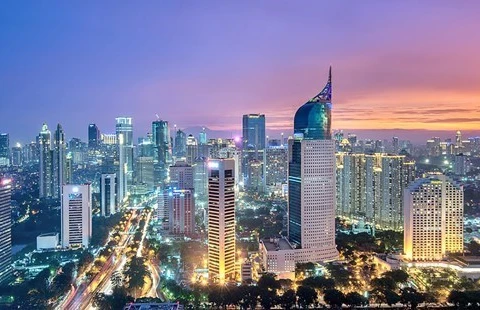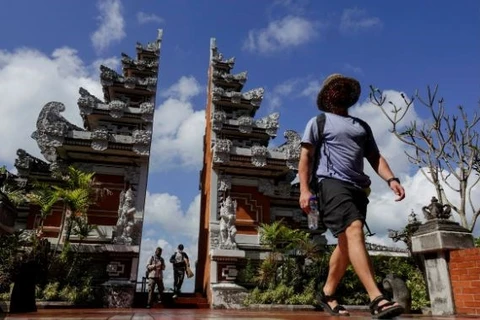Jakarta (VNA) – Indonesia's first internet satellite, Republic of Indonesia Satellite-1 (SATRIA 1) - the largest internet satellite in Asia with a capacity of 150Gbps, was successfully launched into space on June 19.
Acting CEO of the Telecommunication and Information Accessibility Agency (BAKTI) under the Minister of Communications and Informatics (Kominfo), Arief Tri Hardiyanto highlighted that the event is a great achievement and success for all Indonesians.
He revealed that the satellite will be monitored by Thales Alenia Space to ensure all equipment can work properly. People are expected to gain access to SATRIA-1's internet facility gradually from January 2024.
SATRIA-1 was launched on a Falcon 9 rocket owned by Space Exploration Technology Corporation (SpaceX).
The Indonesian government hopes that the introduction of this satellite can help accelerate the country's digital transformation.
Earlier on June 13, Acting Minister of Communication and Informatics Mahfud MD said SATRIA-1 aims to promote balanced development and an inclusive digital economy by providing internet access in every region of the country.
The satellite can reach remote or isolated areas with cost-efficient services and faster connectivity compared to terrestrial technologies with 11 ground stations or gateways located strategically across Indonesia.
Although the initial service life was set at 15 years, the satellite has the potential to extend its service life by 5 years. The total cost of the SATRIA-1 project amounted to 540 million USD, 90 million USD higher than the original estimate and funded under the public-private partnership form./.























